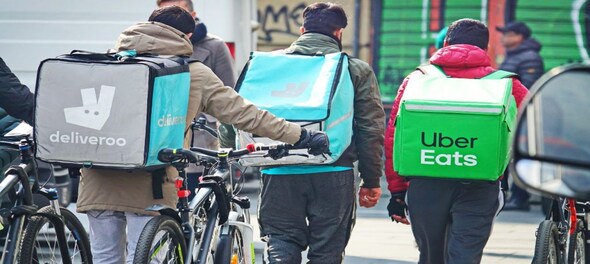
OMI (Ola Mobility Institute) Foundation has published a report on "Social Protection in India’s Platform Economy: Unpacking Supply Dynamics" based on a 10-month-long study. The study engaged with 10 platforms with over 45.5 lakh gig workers and a collective FY23 revenue of ₹56,400 crores.
Having studied the financial viability of measures like old age pension, health insurance, and other forms of long-term contribution-based benefits for both platform workers and businesses, OMI Foundation's Executive Director Aishwarya Raman described financial viability as the core for the sustainability of any social protection initiative.
Referring to global approaches which promote entrepreneurship and extend social protection to platform workers, she recommended pro-rata contributions by gig workers in the long run as the way ahead for their social security. Explaining that a platform worker working with multiple apps may also be simultaneously working in another day job, she said that pro-rata contributions by workers spread across industries will help secure their future.
While she praised the government's initiatives like the E-Shram portal and the constant endeavour to increase the registration of gig workers, she pointed out that the Code on Social Security 2020 (CoSS 2020) also endorses shared responsibility for social protection.
The report has termed Western social protection models as unfit for India's workforce, 88% of which is employed in the informal sector. Claiming that preference for immediate pay and poor awareness of social protection schemes limit their uptake of various schemes and benefits among platform workers, the report states that restrictions like wage ceilings or vehicle ownership render many workers ineligible for the government's social security schemes.
Stressing the need to redefine social protection paradigms, the report described instruments like non-contributory health insurance and pensions as challenging for gig platforms to provide due to their high cost and the transient nature of platform work.
Check out our in-depth Market Coverage, Business News & get real-time Stock Market Updates on CNBC-TV18. Also, Watch our channels CNBC-TV18, CNBC Awaaz and CNBC Bajar Live on-the-go!


'Borrowed' leaders: Congress hits out at AAP for not fielding their own candidates in Punjab
Apr 28, 2024 9:53 PM
EC asks AAP to modify election campaign song and Kejriwal's party is miffed
Apr 28, 2024 9:25 PM

